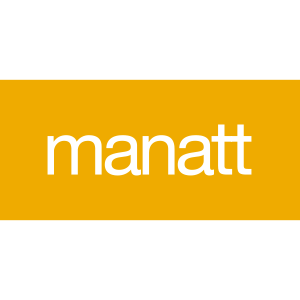Last week, the Consumer Financial Protection Bureau (CFPB) released a proposed interpretive rule (“Proposed Rule”) on the applicability of the Electronic Funds Transfer Act (EFTA) and its Implementing Regulation E to new and emerging digital payment mechanisms, including gaming platforms with “savings” highly evolved and certain virtual currencies (VC) which offer an alternative mechanism for electronic funds transfer.
The proposed rule is one of a series of statements issued by the CFPB as the Biden administration draws to a close. It is almost certain that the Trump administration will change the leadership of the CFPB, and many of the Biden administration’s regulatory activities will be repealed, revised, or simply abandoned. It is therefore unlikely that the proposed rule will ever come into force. Comments on the proposed rule are due by March 31, 2025.
The proposed rule aims to provide financial service providers with a consistent framework for determining the applicability of EFTA and Regulation E to a range of emerging payment mechanisms, rather than relying on court decisions on a case-by-case basis. case. Adopting a broad definition of the term “funds” based on case law, common law, and general usage meanings, the CFPB proposes to interpret the term “funds” to include assets that act or are used like money , in the sense that they are accepted. as a means of exchange, measure of value or means of payment. Under this interpretation, the term “funds” would include stablecoins, as well as any other similarly situated fungible asset that functions either as a medium of exchange or as a means of payment for goods or services.
The CFPB similarly adopts a broad definition of the terms “account” and “Other Consumer Asset Account” based on EFTA’s legislative history and long-standing official staff interpretations of Regulation E. Under the proposed rule, depending on the facts and circumstances, the following accounts could be considered “accounts” within the meaning of EFTA: video game accounts used to purchase virtual items from multiple developers or game players; virtual currency wallets that can be used to purchase goods and services or make person-to-person transfers; and credit card rewards point accounts that allow consumers to purchase points that can be used to purchase goods from multiple merchants.
Providers of “accounts” subject to Regulation E under the proposed rule would be required to comply with various consumer protections, including error resolution requirements, limits on consumer liability for unauthorized EFTs, and requirements to provide initial and ongoing information. Accordingly, businesses subject to the proposed rule should develop policies and procedures to ensure that these requirements are met. The CFPB’s proposed ability to regulate some of these additional elements, particularly gaming platforms, is questionable, as is the proposal that video game accounts would be considered accounts under Regulation E. As discussed below above, in any case, it is unlikely that this regulation will evolve. forward in the Trump administration.
Last week, the CFPB also issued a request for information seeking public input on strengthening privacy protections and preventing “harmful” oversight of digital payments, particularly those offered through major technology platforms. The CFPB notes that the existing federal framework for protecting financial privacy consists largely of the Gramm-Leach-Bliley Act (GLBA) and its implementing regulations, Regulation P, as well as the Act Fair Credit Reporting Act (FCRA), which may not fully address the challenges posed by modern data monitoring. Comments on the Request for Information must be received no later than April 11, 2025.
The CFPB also published a blog with the release asking video gamers and parents to comment on the proposed rule and share their experiences with gaming assets and transactions.
Please contact authors Jessica Sklute and Eric M. Knight, as well as our other gaming and crypto professionals Jordan Bromley, Brandon Reilly, Mike Katz, and Scott M. Pearson with any additional questions.




